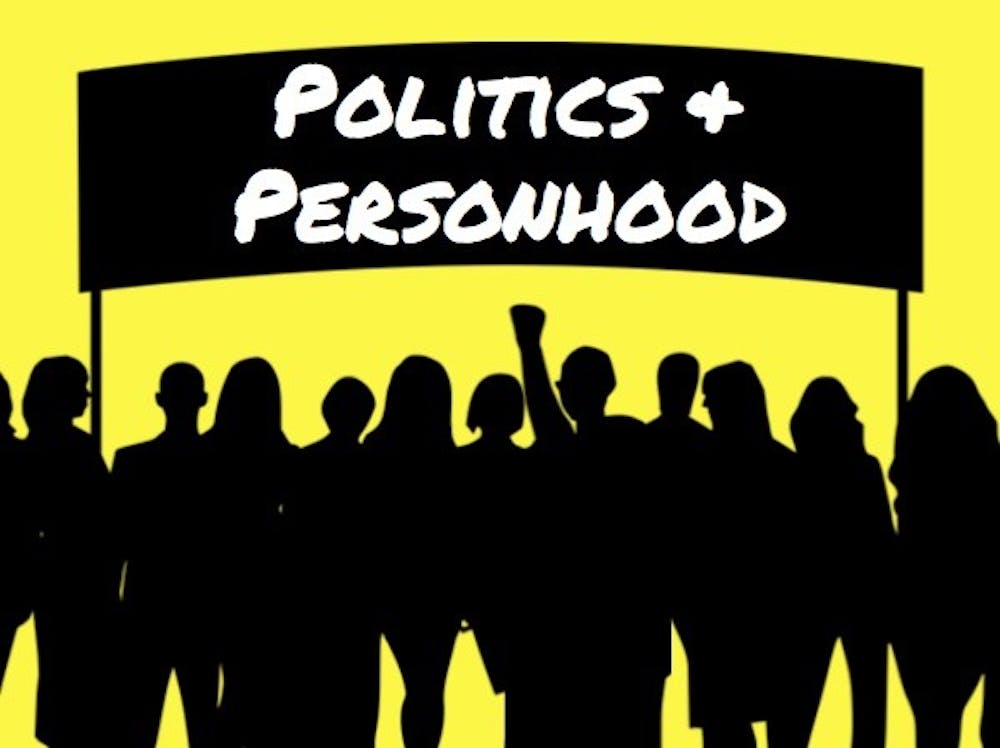Perhaps it is wishful thinking to hope to never read another article praising the Kardashians for their feminism and empowerment of women, or to never encounter the phrase “strong, independent woman,” but it certainly is reasonable.
Hollywood feminism, to elaborate, is the narrative that has taken over popular culture. It is the celebrities and public figures ranting about “female empowerment,” “boss women” and other general buzzwords when the cameras are on. Although such messages are important -- feminism aptly seeks to empower and liberate women -- celebrity culture often presents them in a way that lacks depth.
Most of the time, the conversation that dominates in that culture centers around a limited and shallow scope of topics – how women should dress, whether enhancements and surgical augmentations are acceptable, whether the rare lead female in a film is too astute or too whimsical.
This recent trend in Hollywood is meant to raise voices against the mistreatment of women, but often does it in a way that glamorizes the celebrity talking about the issues more than bringing attention to the actual problems.
The problem with Hollywood’s feminism is not that it is without purpose – on paper, it sounds perfect. But what does it mean?
In the real world – as in the vast majority of us who are not millionaires and do not have a giant social media presence – what does this wave of a supposed revolution regarding women’s rights translate to?
How does the Hollywood buzz affect issues such as domestic abuse, financial inequity, barriers in terms of careers and education, and the plethora of issues that will never be glamorous enough for Hollywood to focus on?
There is a frighteningly high number of sexual assaults in the U.S., with one out of every three women experiencing sexual violence sometime during their lifetime. Women, specifically women of color, earn less money than men even if the work is the same. All over the country, reproductive rights are being infringed upon by state leaders. The federal government has reduced funding for Planned Parenthood, a popular resource regarding health issues for women across the country. Doctors make fatal mistakes regarding the medical treatment of women, especially women of color, because they downplay their symptoms. Elizabeth Nabel published a detailed study exploring such mistreatment, particularly regarding cardiovascular health, in The New England Journal of Medicine.
The United Nations' startling statistics reveal that women face even more injustice and danger on a global level, including sexual and domestic abuse, lack of access to education and restrictive sex-based laws.
These are among the many issues that should be -- and perhaps were once meant to be -- at the forefront of the feminist movement. That isn’t to discredit those who are speaking out about these issues – indeed, many celebrities and public figures have brought attention to, and even initiated action for, these problems. However, it must be acknowledged that the unfortunate majority of Hollywood figures are not meaningfully contributing to the feminist movement.
Problems facing women can certainly be brought to the spotlight at a frantic pace, but they can just as quickly disappear from the public rhetoric. Which is to say that the entertainment magazines not writing about it anymore or the celebrities not tweeting about it anymore does not mean that an issue has been resolved or is somehow less relevant.
However, that increasingly appears to be what is happening. We tweet and comment about issues on the internet, and feel a false sense of accomplishment at having defeated them.
Enjoy what you're reading?
Signup for our newsletter
What popular Hollywood feminists accomplish is a short, often stunted and false conversation that does not result in tangible change. Their message of women empowerment and equality is scattered at best and lacks depth.
The topic of feminism has become a trend, a tagline used by every celebrity in interviews and on every advertisement as a convenient marketing tool. The more popular it becomes, the faster we lose focus on the change we are trying to bring.
When Hollywood feminism becomes prominent in the media, it becomes an accidental voice of feminism simply because of reach and popularity. The word of celebrities seems to be more prominent than that of any political figure, and celebrities' tweets and speeches are paid attention to more than bills and laws passed. That’s why it is so easy to discredit the feminist movement – because the real feminists are not being heard.
By handing the role of being the voice of feminism over to the most privileged women and people in our country, we might just be silencing our own.
Contact columnist Reda Ansar at reda.ansar@richmond.edu.
Support independent student media
You can make a tax-deductible donation by clicking the button below, which takes you to our secure PayPal account. The page is set up to receive contributions in whatever amount you designate. We look forward to using the money we raise to further our mission of providing honest and accurate information to students, faculty, staff, alumni and others in the general public.
Donate Now



